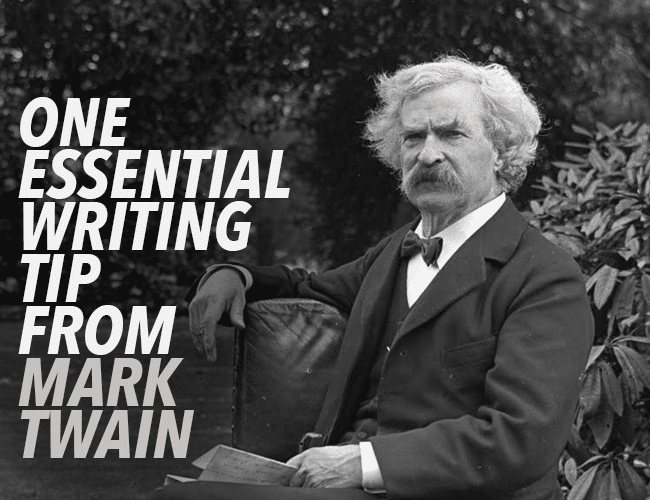
by Guest Blogger |
How do you write memoir and tell a story that is compelling to you, but might not be to your reader?
Boredom is death for a writer and must be avoided at all cost. When writing memoir, the facts of a person’s life will fall short if that’s all you have to offer. You need something more if you want the story to come to life in the heart, mind, and imagination of the reader.

by Monica M. Clark |
It’s tempting to write fancy language and complicated sentences, but writing clearly is one of the best things you can do for your readers.
Luckily, tightening up one’s writing is one of the easiest skills for a writer to develop. Here are nine practical ways you can tighten your work.

by Guest Blogger |
In his classic memoir On Writing, Stephen King writes, “If you want to be a writer, you must do two things above all others: read a lot and write a lot.” The latter is, of course, what this blog is all about (writing a lot). But I’m convinced that most writers ignore the former: reading a lot. (Or at the very least, they don’t read thoughtfully.)
If you’re like most people, you bounce from book to book haphazardly. What you read from month to month and year to year is simply not something you carefully consider.
But if you call yourself a writer and your goal is to become a better one, you do yourself a great disservice by not reading voraciously and thoughtfully.

by Sue Weems |
Mark Twain is one of my favorite writers. When I read his essays last year, I came across a bit of revising gold in a 1906 essay titled “William Dean Howells.” Most of the essay praises Howells’s prose in general, but the final paragraphs address what Twain calls “stage directions.”
In a play, stage directions are only visible to the audience through the movement and actor’s inflection during the performance. In a novel, we rely on description to set scenes, give context, and deepen characterization. When done well, stage directions don’t distract from the character or action.
When done poorly, however, Twain has something to say about them.

by Monica M. Clark |
My favorite authors are those who obviously care about their readers. They are more concerned with entertaining or teaching than showing off techniques. To my favorite authors, the reader experience is paramount
I want to emulate these writers. I want the reader to be my priority as well. To help me better serve my readers, I decided to take a step back and ask—why do readers read? And specifically, why do we read fiction?

by Pamela Fernuik |
I have a one-hundred-and-five-page book. It weighs four ounces. The Boston Globe thinks that “No book in shorter space, with fewer words, will help any writer more than this persistent little volume.” The Elements of Style by Shrunk White and E.B. White is as elemental to a writer as practicing scales is to a pianist.








